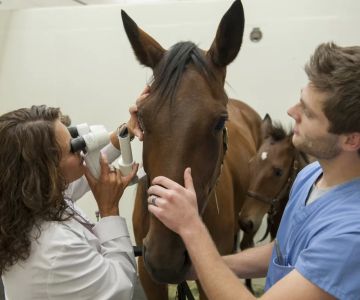- 1-overview-of-veterinary-practice-manager-role
- 2-key-duties-and-responsibilities
- 3-team-management-and-staff-development
- 4-financial-and-administrative-oversight
- 5-ensuring-client-satisfaction-and-care-quality
- 6-real-world-examples-from-hidden-brook-veterinary
- 7-how-to-become-a-successful-veterinary-practice-manager
1. Overview of Veterinary Practice Manager Role
A veterinary practice manager is essential for the smooth operation of a veterinary clinic. They bridge the gap between clinical staff and business management, ensuring that both animal care and operational efficiency are top priorities.
This role requires a unique blend of leadership, organization, and veterinary industry knowledge.
2. Key Duties and Responsibilities
The core responsibilities include overseeing daily clinic operations, managing schedules, ensuring compliance with regulations, and coordinating between departments. Managers also handle inventory control, equipment maintenance, and vendor relations.
Effective practice management ensures seamless workflow and quality service delivery.
3. Team Management and Staff Development
Managing and motivating a diverse team of veterinarians, technicians, and support staff is crucial. Practice managers are responsible for recruitment, training, conflict resolution, and fostering a positive work environment.
Staff development underpins high morale and professional growth within the clinic.
4. Financial and Administrative Oversight
Practice managers oversee budgeting, payroll, billing, and financial reporting. Their role in financial planning helps maintain clinic profitability and supports strategic growth initiatives.
Administrative efficiency also involves optimizing appointment systems and patient record management.
5. Ensuring Client Satisfaction and Care Quality
Maintaining high standards of client communication and animal care is a priority. Managers implement policies to enhance customer experience, address complaints promptly, and ensure veterinary teams provide compassionate care.
This focus helps build trust and long-term client relationships.
7. How to Become a Successful Veterinary Practice Manager
Success in this role requires continuous learning, strong interpersonal skills, and adaptability. Pursuing certifications in veterinary practice management and gaining hands-on experience are valuable steps.
For those interested, Hidden Brook Veterinary offers resources and training opportunities to support career advancement in this vital field.










